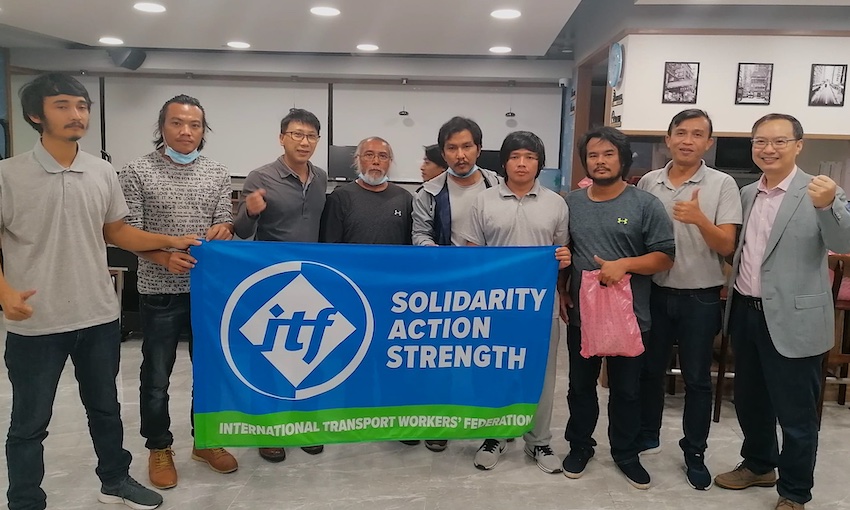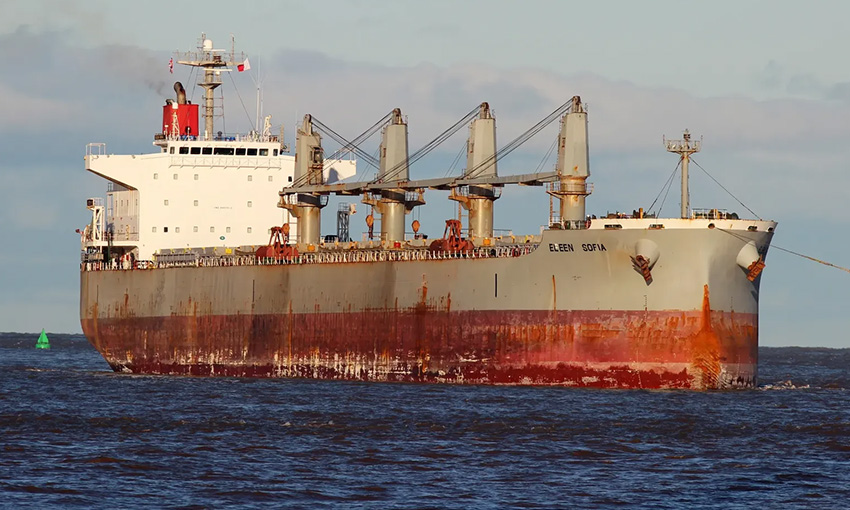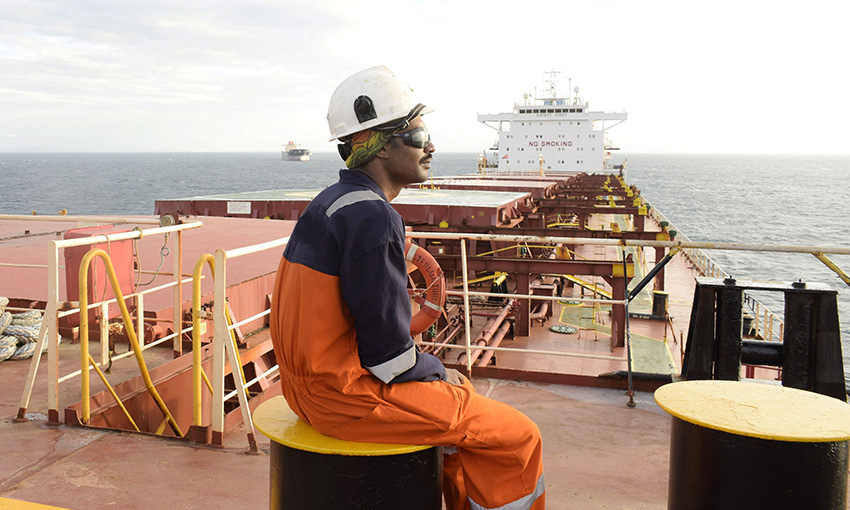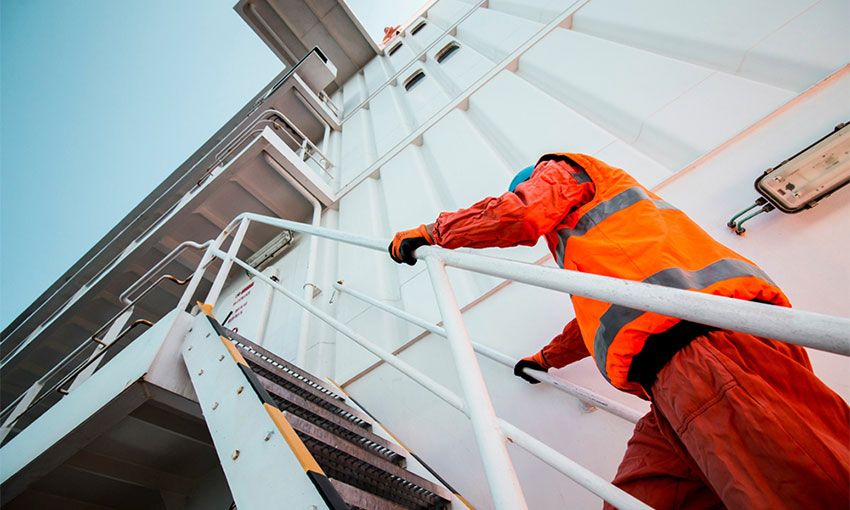THE International Transport Workers’ Federation said is has recovered more than US$37 million in unpaid wages owed to seafarers.
The union said its 125 inspectors and co-ordinators completed 7265 inspections in 2021 despite COVID-19 restrictions impeding inspectors’ ability to board ships for much of the year.
The inspectors look for signs of exploitation, overwork and of forced labour and modern slavery. They have the right to examine wage accounts, employment contracts, and recorded hours of work and rest.
ITF inspectorate coordinator Steve Trowsdale said it is not uncommon for crew to be paid the at the wrong rate by a shipowner, or less than the rate set out in the employment agreement covering the ship.
“Crew can generally work out when they’re being underpaid. And that’s when they contact us. ITF inspectors help seafarers recover what’s owed to them,” Mr Trowsdale said.
“Concerningly, we’re seeing a rise in the number of seafarers reporting non-payment of wages for periods of two months or longer, which actually meets the ILO’s definition of abandonment.
“Seafarers might think it’s normal to go unpaid for a couple of months, waiting for a shipowner to sort out financing, but they need to be aware that non-payment can also be a sign that a shipowner is about to cut them loose and leave them abandoned.”
The ITF reported 85 cases of abandonment to the International Labour Organization in 2021, which the union said was a historic high.
Mr Trowsdale said he was “extremely proud” of the work inspectors had carried out in the last year.
“It’s always been incredibly important for our team to be able to physically get to seafarers – to board ships and educate crew on their rights.”
He said there was evidence that some shipowners were using COVID-19 as an excuse to keep seafarers working beyond their initial contracts and “in complete violation” of seafarers’ human and labour rights.
“Thankfully, our team was wise to what was going on and despite everything we got thousands of seafarers home,” Mr Trowsdale said.
“Keeping crew on board while pretending their hands were tied may have saved those employers a few dollars in flight fares, but in today’s society that kind of conduct gets noticed.
“There are no shadows to hide in anymore when it comes to global supply chain accountability.”




